In the Serengeti of my secondary school, one apex predator ruled.
You could spot them easily on the treacherous plains of the dining hall.
Bleached blonde hair scraped back into the highest, tightest ponytails; a cacophony of loud, unabashed laughter; an armoury of reused Lucozade Sport bottles, primed for squirting water at lesser species, should they get too close.
They’d whoop and play, but somehow never seem childish or undignified. More grown up than the boys – but more fun than the rest of us.
They ran in their school uniforms, unselfconscious of sweat sticking their easy-iron white shirts to their backs.
I watched them perching on tables, balancing along walls, moving through corridors in terrifying, jostling packs.

They were, by some voodoo of coolness, beyond make up. They didn’t cry when they fell – they laughed.
And while the rest of us were at the mercy of our hormone-ravaged, perpetually greasy, ‘blooming’ bodies, waiting for nature to take its course and then please leave us alone, they were busy honing theirs into weapons they could use to win things.
They were PE girls, and they were in charge of themselves, already.
‘I was an insecure wee eejit’
They scared the living daylights out of me. And set my eyes glowing green with envy.
I would never be like them, I told myself. I was clumsy and weedy and, despite trying, pitifully bad at anything physical.
Their ease with themselves, and their ability to do things I couldn’t, made my own lack of aptitude in the realm of sports feel even worse.
They weren’t even mean to me, I was just an insecure wee eejit. And in order to avoid PE girls, I simply avoided PE – a common experience among school-age girls.
Experts reckon girls who don’t consider themselves ‘sporty’ are often put off from taking part, as PE is often competition-based, which is intimidating. It makes sense.
I just told myself it wasn’t for me. That I was a nerd, stuck with books and beakers, and to try and be like them would be an exercise in chronic humiliation.
Instead I hid in empty classrooms, poring over past papers and pretending I was better off.
I regret that now.
Not least because I am now one of the many Scottish girls of my generation who ‘dropped off’ from physical activity as a young teen and then simply never got back to it.
Not your regular post-match press conference.
Wait for it.#lionesses#ItsComingHome pic.twitter.com/06Lxk8GgRC— Clare McDonnell (@claremcdonnell1) July 31, 2022
But also because now, watching the Lionesses – the ultimate endpoint of the PE girl – celebrating bringing football home today, I can’t understand what I was so afraid of.
These women aren’t scary – they’re great.
Pride of PE girls
They are joyous and exuberant and hard-working, and not afraid to take up the space they deserve in a notoriously sexist game which has tried for so long to lock them out.
Their camaraderie isn’t the rollicking, exclusionary force I felt ten years ago. I doubt it ever really was.
You only have to look at the respect, humility and genuine affection between the winners at losers as the final whistle blew to see that something really special happens when girls get into sport.
It’s inspiring to me, as someone who has always had trouble stepping out of my own lane, to see that the girls I once thought of as effortlessly self-possessed were actually painstakingly carving out a path for themselves every single day.
They weren’t effortless at all – they were just braver than me. And I’m ashamed, now, that instead of befriending them for their boldness, I feared their fangs.
Fangs without which the Lionesses wouldn’t be where they are – celebrating a record-setting, game-changing victory, in an age where women really bloody need a win.
I don’t care about football in the least. But I feel a glow when I see the pride of those women today.
Hope for a generation raised by Lionesses
And that glow’s got me feeling hopeful.
These were once girls who stuck at a game they loved, even when the prospect of making a career out of it was so frail; the same as the girls whose dust I ate on the playing fields.
They’re a textbook example of having the courage of one’s convictions – something that I’ve often struggled with.
as someone who has always identified as a non PE girl…..I have never wanted PE girls to succeed like this
— lauren o'neill (@hiyalauren) July 31, 2022
And they’ve grown into women who the next generation will hold up as heroes, even legends.
They are the first generation of “mainstream” woman footballers. That’s a huge leap forward – and could inspire those once destined for the sidelines to become PE girls.
After all, experts sportscotland say that three of the main barriers to sport reported by women in Scotland are:
- finance – including sponsorship and prize money
- media coverage
- female role models – as elite sportswomen, coaches and managers
And as I think back to my PE dodging days, those ring true.
Maybe I’d have been less cringed out by PE if I’d seen any point to taking it seriously.
Maybe if it had been presented a career option, or even if there had been somewhere to play the games I liked after I left school, I wouldn’t have felt so ridiculous about doing it poorly that I packed it in.
Maybe I’d have been less afraid of PE girls if I’d grown up exposed to PE women.
Because PE women? They’re freakin’ lionesses.
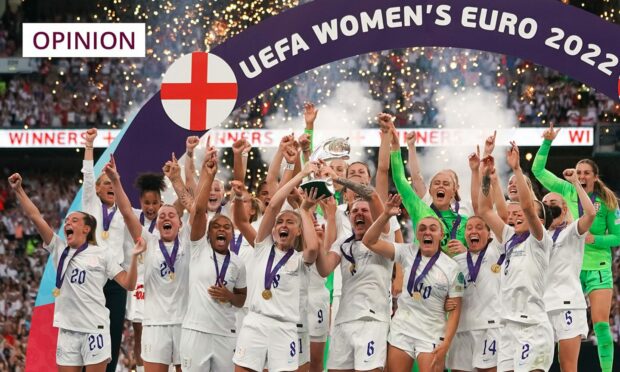
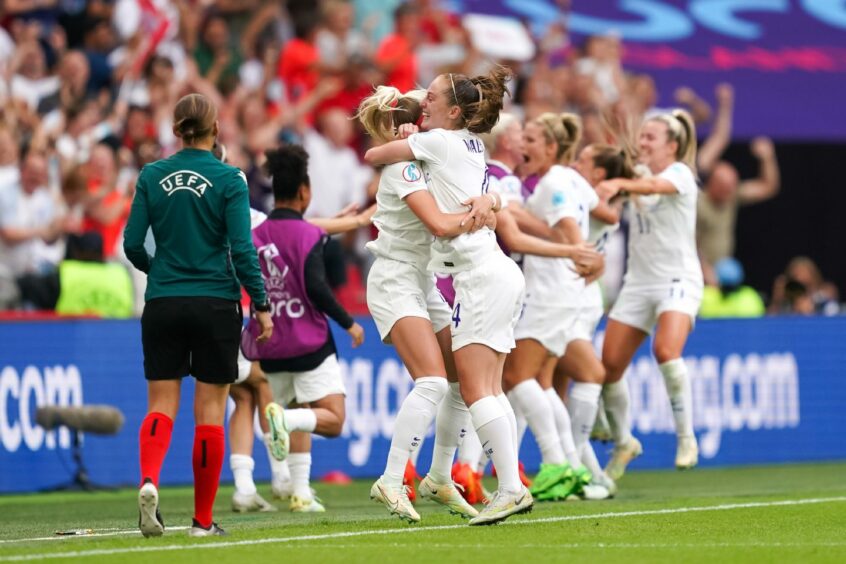
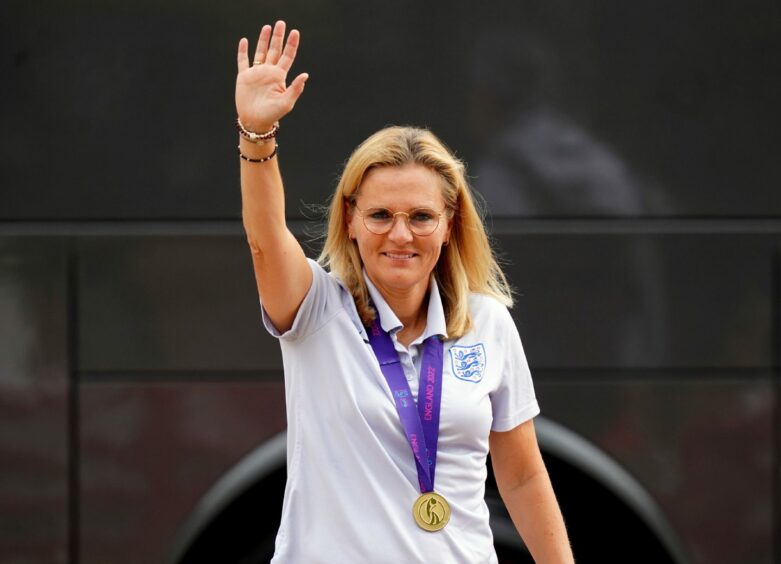
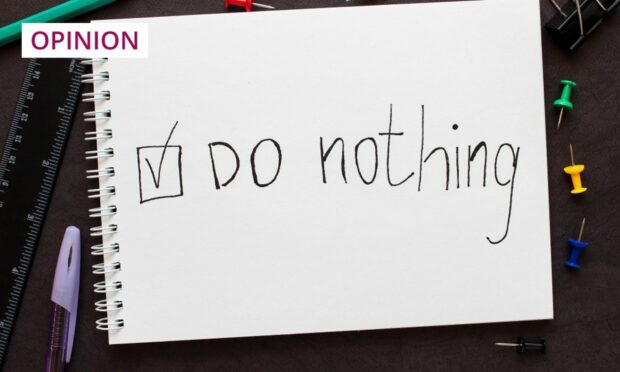
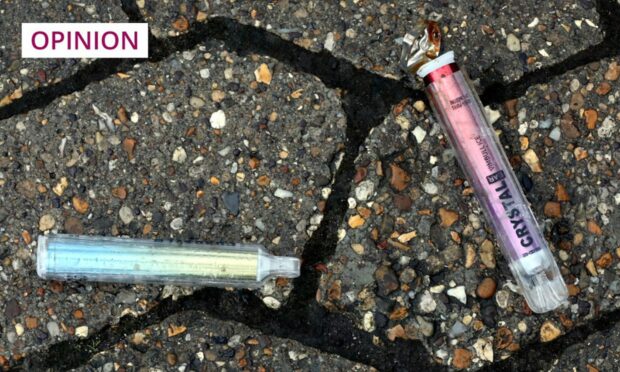
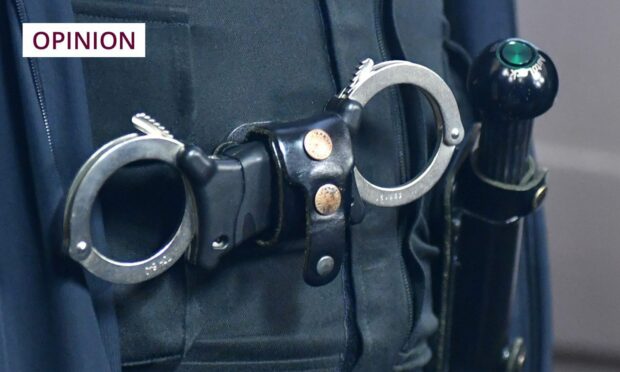
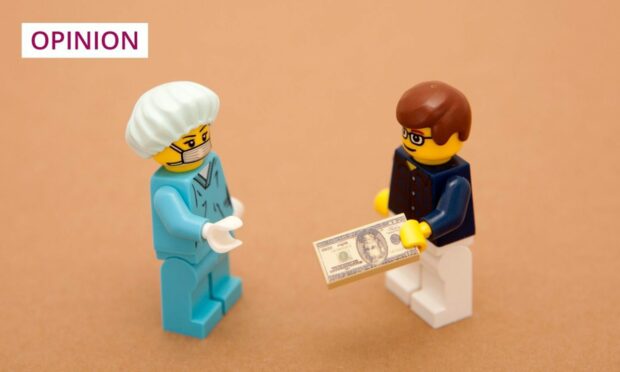
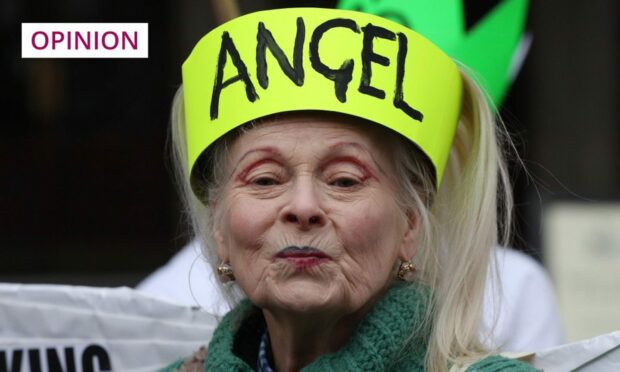
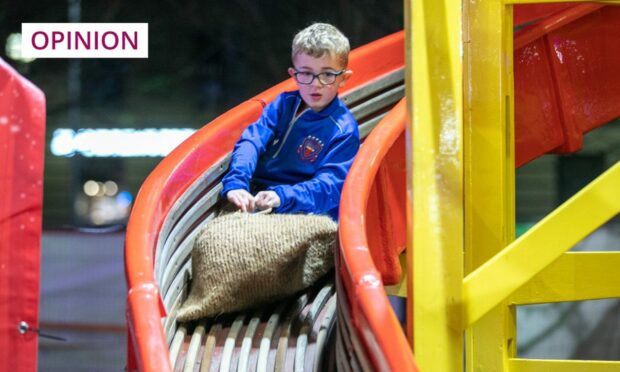










Conversation